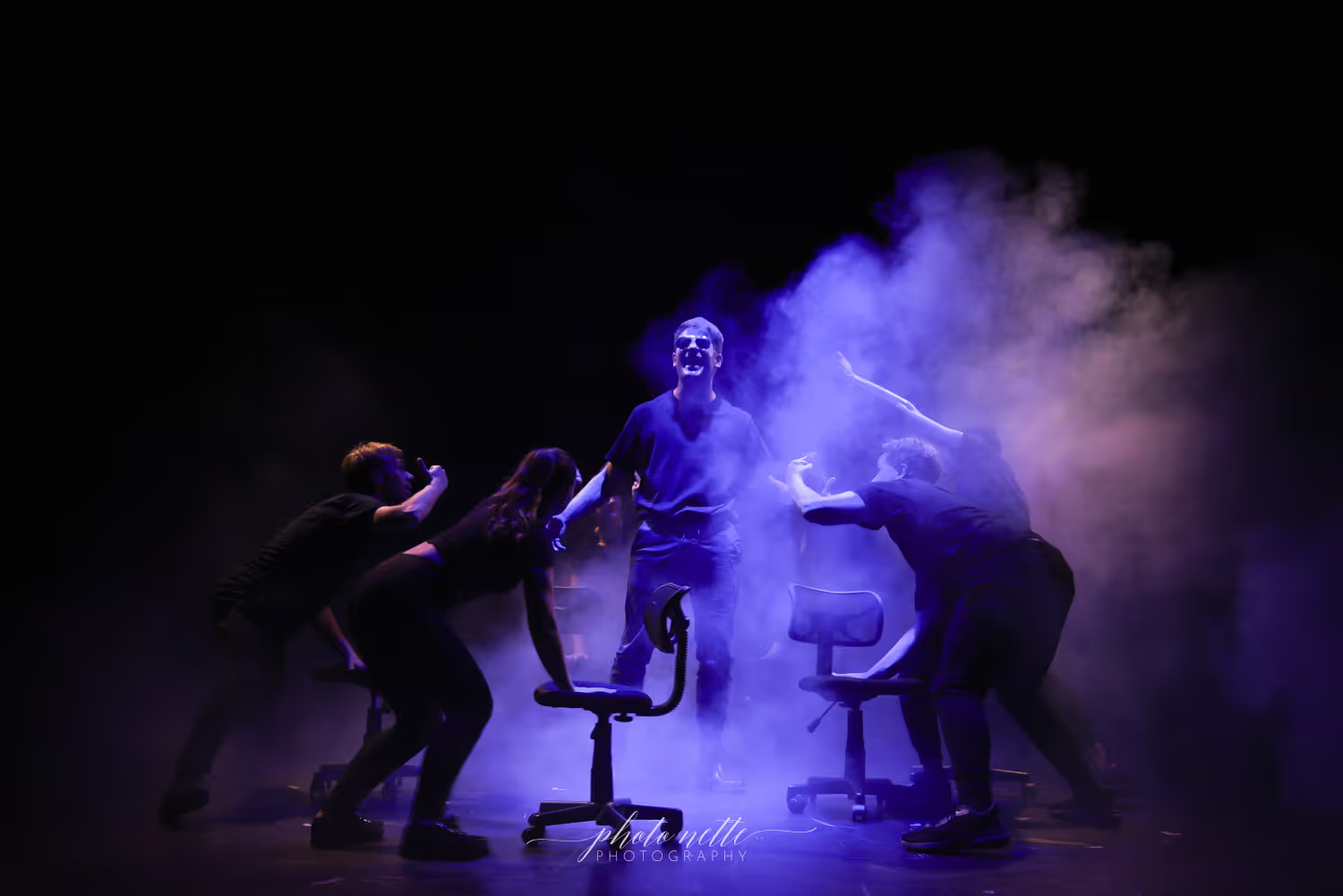Our Alumni are at the core of our future

As a well established incubator the course consist of three years under the guidance of industry professionals. Students enjoy hands on training in real scenarios with real professionals. Consistent practical training insures a well rounded artist that has learnt the tricks of the trade from the industry itself. A thorough entrepreneurial training insures that these young artists are not only the best in their field but self-sustaining and able to create an industry around themselves. Furthermore, time spent on real sets and in working theaters ensures an invaluable network that places these young students firmly in the industry the wish to thrive in.
This is an incubation course and therefor not accredited. Applications consist of an audition monologue and short interview.



